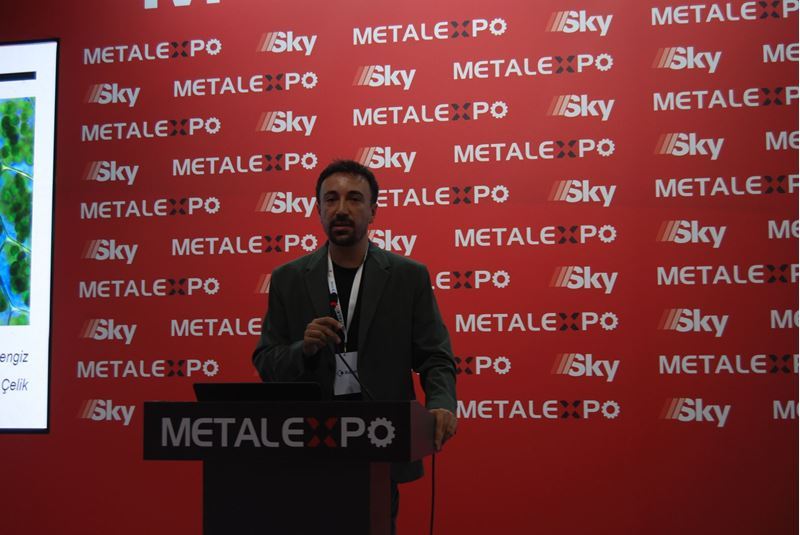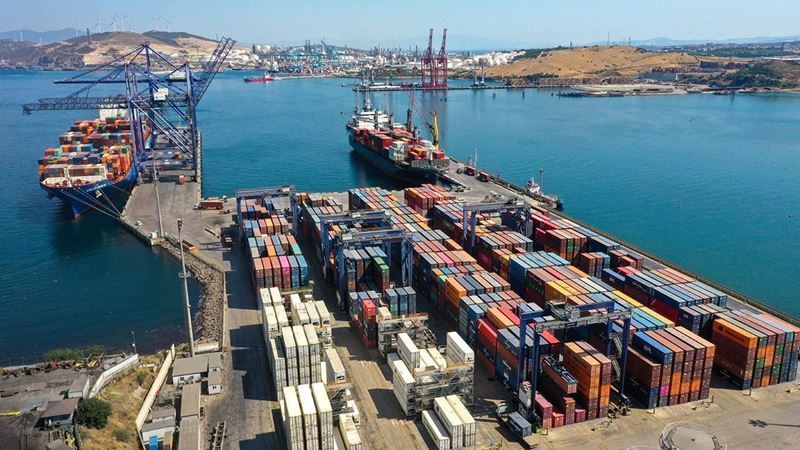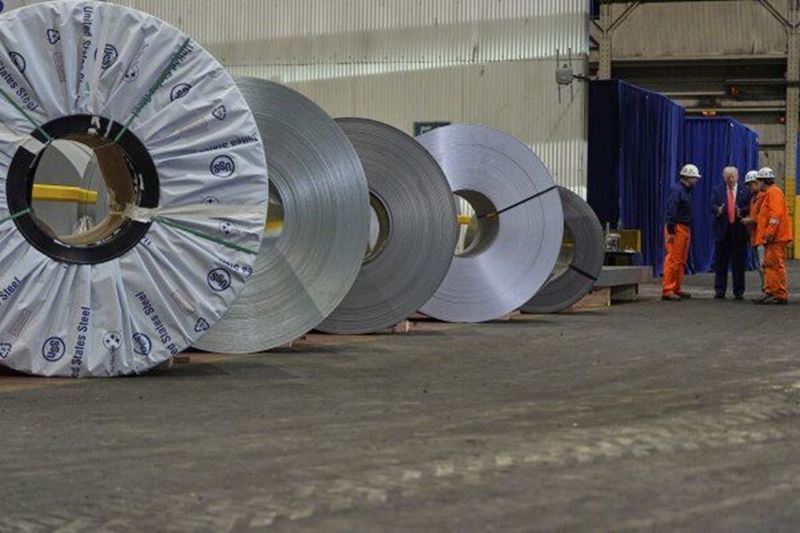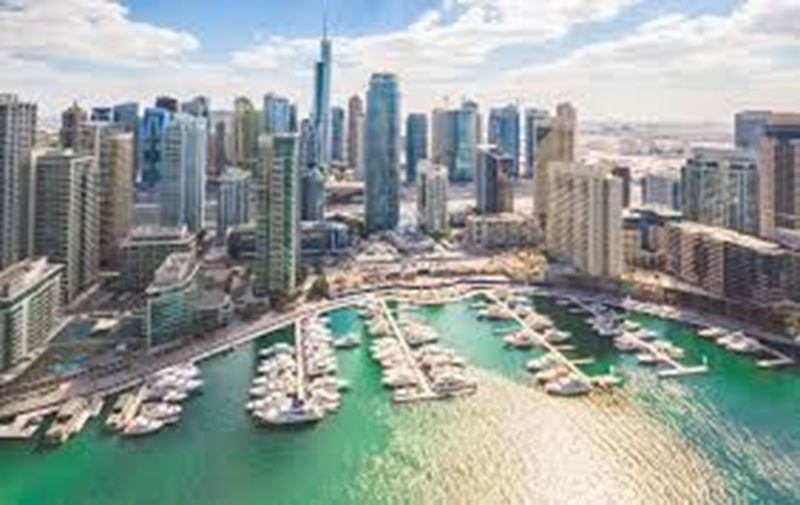Cengiz stated that the most important responsibility of present and future generations is to decrease humanity’s impact on nature and to restore sustainable balance conditions.
The Anthropocene Era and Humanity’s Intervention in Natu Cengiz stated that humanity’s impact on nature is embodied in the dramatic consequences caused by the rise in atmospheric CO₂ concentration, the increasing demand driven by population growth being met with natural materials, and the process of transforming these materials into products. He stated that human will and actions have geologically altered the Earth in a permanent way, adding that the most adverse effect of this change is placing biological life under existential risk.
Fossil Fuel Traps and the Frog Effect
Cengiz stated that the most easily accessible energy source is fossil fuels, and that short-term affordability translates into long-term destruction. He pointed out that what is perceived as an economic advantage is, in fact, a debt passed on to the future.
Green Generation and Our Role in Nature
Cengiz stated that the Green Generation must be aware of its impact on nature in order to prevent biological life and humanity from experiencing a sixth mass extinction. He emphasized that people do not harm nature intentionally, but rather become part of the damage mechanism through their roles in industrial, commercial, social, and agricultural systems. He underlined that restoring the balance of nature—disrupted permanently by humanity—is the fundamental duty of the Green Generations.
The 5 Fundamental Responsibilities of the Green Generation
Cengiz outlined the five fundamental responsibilities of the Green Generation as follows:
Being aware of our role: acknowledging that we are part of the system and questioning the existing truths.
Recognizing that no data is absolute: everything can be transformed except the laws of thermodynamics.
Integrating the principles of efficiency, recycling, and zero waste into the entire functional chain.
Demanding change not through voluntarism but through institutional pressure.
Developing awareness against greenwashing and ensuring that green deception turns from a trend into a struggle.
Metal Industry: Necessity and Obligation
Cengiz stated that due to its intensive use of resources and energy, the metal industry is one of the sectors with the greatest impact on the environment, yet it remains indispensable for our current way of life. He emphasized that while we cannot stop production, we must question the way we produce. He highlighted that heat recovery, refractory waste recycling, digital twins, and efficiency-focused processes are no longer innovations but necessities.
Fair Distribution, Zero Waste, and Ethical Consumption
Cengiz stated that modern civilization has built production and prosperity on consumption, a mindset that generates unnecessary waste and excess while leaving masses with unmet basic needs. He stated that humanity faces the reality of “masses crushed under the waste of excess, yet unable to meet their needs.” Cengiz emphasized that purchasing choices are the driving force behind systemic transformation and stressed that the demand side, just like production, must also be ethical.
Exceeding Resource Limits and Green Opportunities
Cengiz stated that every year by the end of June we surpass “that year’s resource limit,” which means consuming the resources of future generations. However, he pointed out that every crisis also represents an opportunity and stated that, as the Green Generation, we can give this era a new direction. He emphasized that the metal sector can be associated not only with pollution but also with solutions, and that transformation can be achieved through knowledge, awareness, and collective action.










Comments
No comment yet.